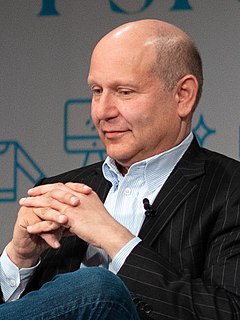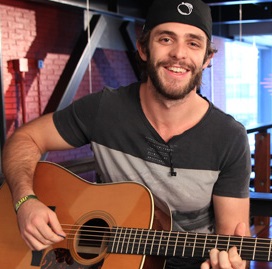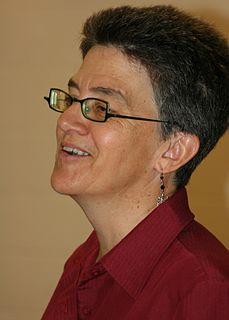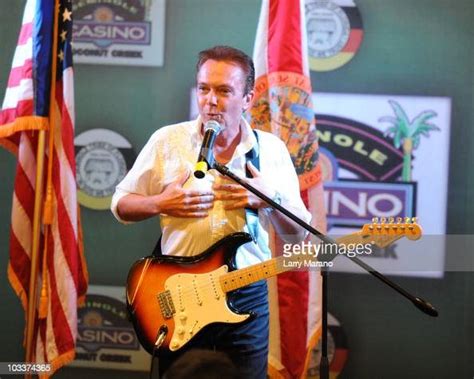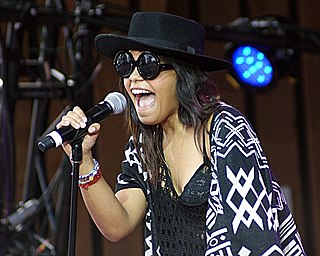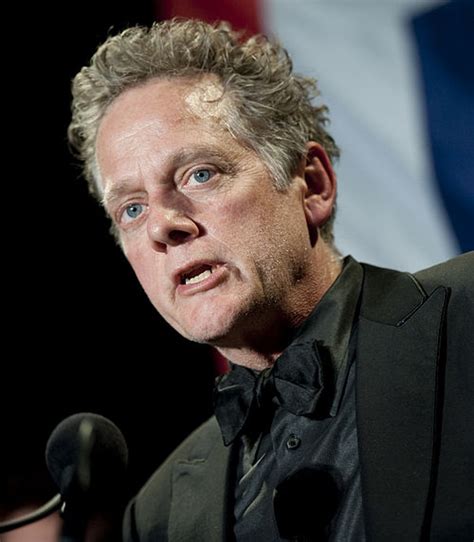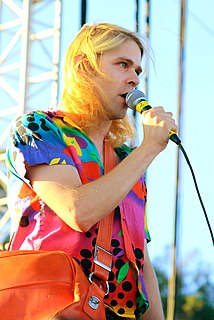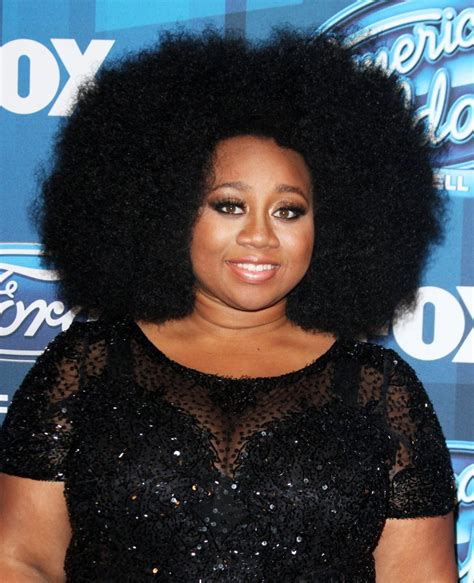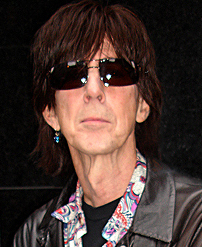A Quote by Christopher Meledandri
Songs give you incredible opportunity to convey a tremendous amount in a relatively short period of time. The first thing that John Powell, our composer, says is, "Is the song engaging you to tap your toe?" If you're not tapping your toe, it doesn't matter what you're doing in the song, it's not going to work. But, if you can get the audience to be engaged by the song, then it gives you the opportunity to accomplish so much, in a very concise way.
Quote Topics
Accomplish
Amount
Audience
Composer
Concise
Convey
Doing
Engaged
Engaging
First
First Thing
Get
Give
Gives
Going
Going To Work
Incredible
John
Matter
Much
Opportunity
Our
Period
Relatively
Says
Short
Short Period
Song
Songs
Tap
Tapping
The First Thing
Then
Thing
Time
Toe
Tremendous
Tremendous Amount
Very
Way
Work
Your
Related Quotes
An audience will let you know if a song communicates. If you see them kind of falling asleep during the song, or if they clap at the end of a song, then they're telling you something about the song. But you can have a good song that doesn't communicate. Perhaps that isn't a song that you can sing to people; perhaps that's a song that you sing to yourself. And some songs are maybe for a small audience, and some songs are for a wide audience. But the audience will let you know pretty quickly.
Writing a song isn't that hard. Writing a good song is difficult. Let's face it, we're faced with taking a complex feeling or event, making words rhyme and saying exactly what we want them to say in a short amount of time. ...the primary reason for keeping it short and to the point is to be certain that you're not boring your audience.
Besides my fast and slooow songs, I further divide my work into three main song types: the ballad or story song, the variation on a theme (saying the same thing over and over and over again) song, and the weird song. It's important to have weird songs, but I find that a little weirdness goes a long way.
When I first started writing songs, I was probably about ten or twelve years old, and the first thing you think as a songwriter is, 'Can this be a hit? Can this come out, and people are going to hear the song and like the song, and then they're going to like you, and you'll get famous and rich?' That hasn't changed a bit.
But once you've made a song and you put it out there, you don't own it anymore. The public own it. It's their song. It might be their song that they wake up to, or their song they have a shower to, or their song that they drive home to or their song they cry to, scream to, have babies to, have weddings to - like, it isn't your song anymore.
The best thing you can do for a song is to hear it on the radio and to imagine what it could mean to you and then kinda forget the words. Just imagine how you felt when you heard it, if it was one of your songs. If it became one of your songs. If it meant whatever it meant for you and as soon as you see the visual, you get a rapid eye movement relationship with the song instead of an imaginative one. I think that can be dangerous because I don't think I'd want to be listening to a song on the radio and thinking about the video. Whatever that one interpretation was

